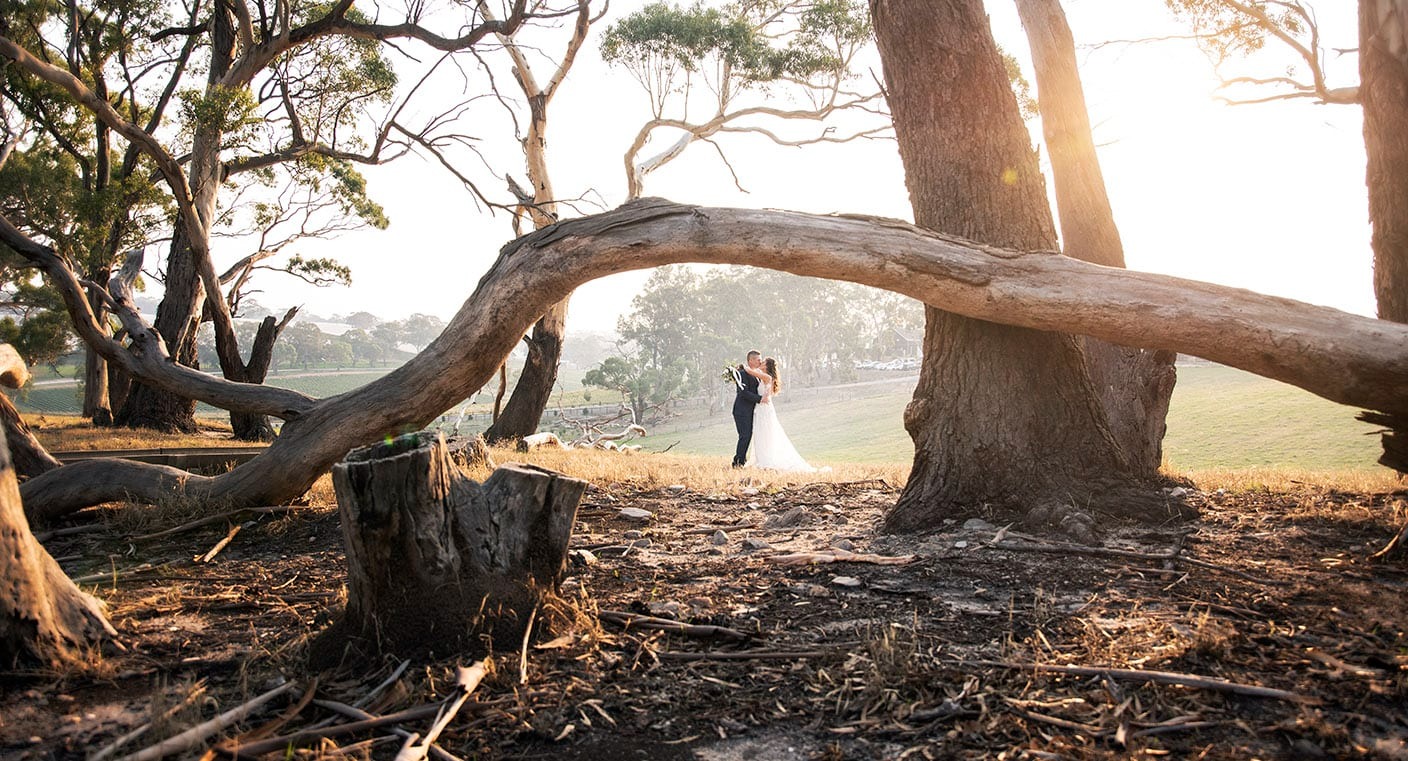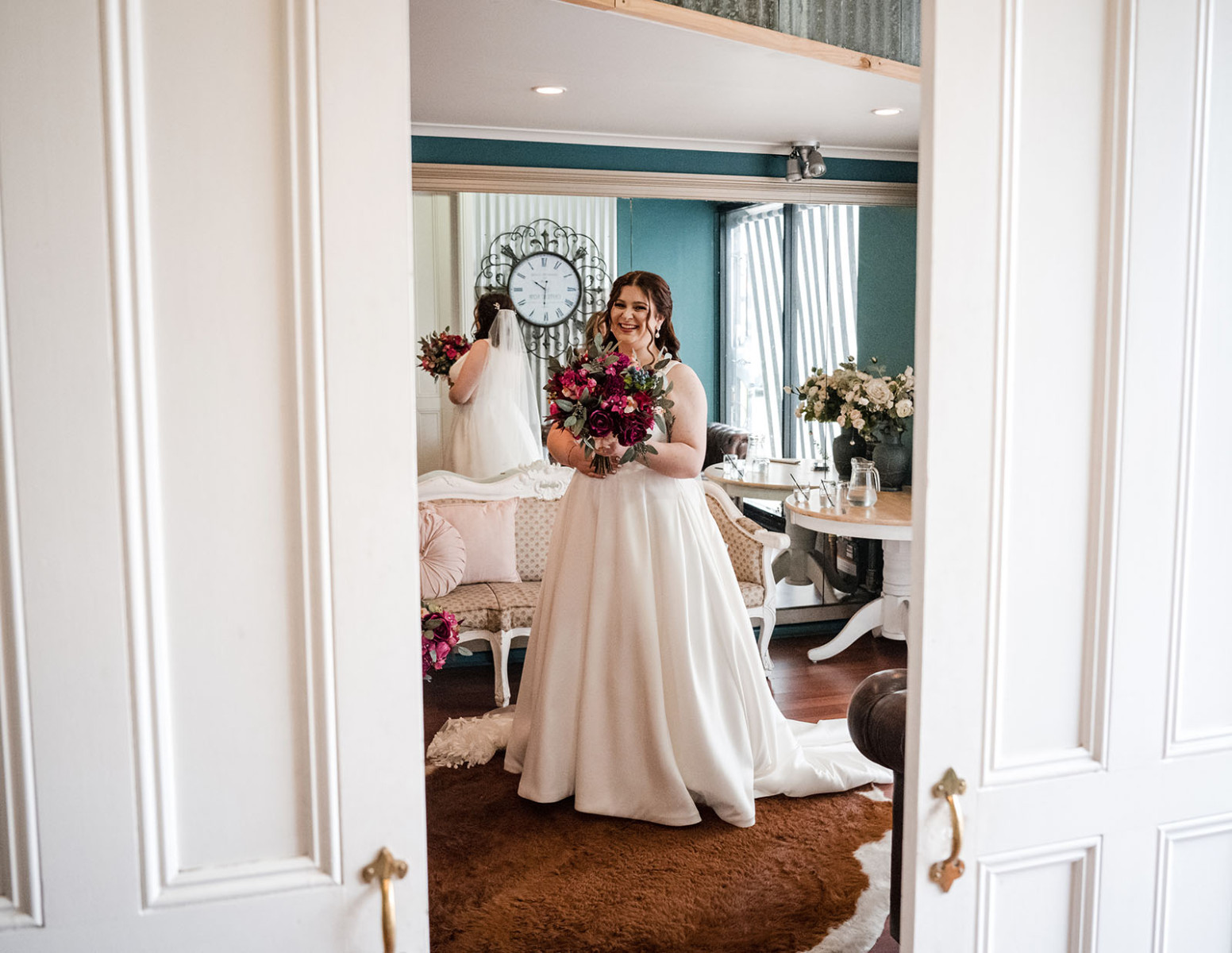
Getting married is often seen as one of the most exciting and joyous occasions in a person’s life. The anticipation of the big day, the celebration with loved ones, and the start of a new chapter with your partner can bring immense happiness. However, what many people don’t talk about is the post-wedding blues or post-wedding depression that can follow. It’s important to address this topic because it is a common experience that can have a significant impact on a person’s emotional well-being.
Understanding Post-Wedding Depression: What It Is and Why It Happens
Post-wedding depression, also known as post-wedding blues, is a phenomenon that occurs after the excitement and festivities of the wedding are over. It is characterized by feelings of sadness, emptiness, and a sense of loss. Symptoms may include a lack of motivation, difficulty concentrating, changes in appetite or sleep patterns, and a general feeling of dissatisfaction.
There are several reasons why post-wedding depression happens. Firstly, the end of the wedding planning process can leave individuals feeling a sense of emptiness. The months or even years spent organizing and preparing for the big day can become a significant part of a person’s identity, and when it’s over, there can be a void. Additionally, the transition to married life can bring about feelings of uncertainty and anxiety. The expectations and pressures associated with being a spouse can be overwhelming, leading to feelings of sadness and discontent.
Coping Strategies for Post-Wedding Blues: Tips and Techniques
If you find yourself experiencing post-wedding depression, there are several coping strategies that can help you navigate this challenging time. Firstly, it’s important to practice self-care. Take time for yourself and engage in activities that bring you joy and relaxation. This could be anything from taking a bubble bath to going for a walk in nature. Prioritizing your own well-being is crucial during this period of adjustment.
Staying connected with loved ones is another important coping strategy. Reach out to friends and family for support and companionship. Plan activities or outings with your loved ones to keep yourself engaged and connected. Surrounding yourself with positive and supportive people can help lift your spirits and remind you that you are not alone.
It’s also essential to set realistic expectations for yourself and your marriage. Understand that no relationship is perfect, and there will be ups and downs. Focus on the positive aspects of married life and celebrate the small victories. Remember that it’s normal to feel a sense of loss after the wedding, but it doesn’t mean that your happiness is over. Embrace the new chapter of your life and look forward to the adventures that lie ahead.
The Role of Social Support in Overcoming Post-Wedding Depression
Having a strong support system is crucial when dealing with post-wedding depression. Surrounding yourself with understanding and empathetic individuals can provide a sense of comfort and validation. Seek out friends or family members who have gone through a similar experience and can offer guidance and support.
If you’re struggling to find support within your immediate circle, consider joining a support group. There are many online communities and forums where individuals can connect with others who are going through similar experiences. Sharing your thoughts and feelings with others who understand can be incredibly therapeutic and can help you feel less alone.
In some cases, seeking professional help may be necessary. A therapist or counselor can provide guidance and support as you navigate through this challenging time. They can help you develop coping strategies, explore any underlying issues, and provide a safe space for you to express your emotions. Don’t hesitate to reach out for professional help if you feel that it would benefit you.

How to Stay Connected with Your Spouse After the Wedding Festivities End
One of the challenges that couples face after the wedding is maintaining a strong connection with their spouse. The excitement and busyness of the wedding can often overshadow the need for intentional connection. To stay connected with your spouse, it’s important to prioritize quality time together.
Schedule regular date nights where you can focus on each other and enjoy activities that you both love. This could be as simple as cooking a meal together, going for a walk, or watching a movie. The key is to create opportunities for meaningful conversation and shared experiences.
Finding new hobbies or interests to enjoy together can also help strengthen your bond. Explore activities that you’ve always wanted to try or revisit old hobbies that you used to enjoy. This can bring a sense of excitement and adventure to your relationship and provide opportunities for growth and connection.
Finding New Hobbies and Interests to Fill the Void After the Wedding
After the wedding, it’s common to feel a void or a sense of loss. The months or years spent planning and preparing for the big day can leave a void once it’s all over. One way to fill this void is by finding new hobbies and interests to engage in as a couple.
Consider trying out activities that you’ve always wanted to do but never had the time or opportunity. This could be anything from taking a dance class to learning a new language. Exploring new hobbies together can bring a sense of excitement and adventure to your relationship and provide opportunities for personal growth.
Additionally, finding activities that you both enjoy can help you create new memories and experiences as a couple. Whether it’s hiking, painting, or cooking, finding common interests can strengthen your bond and provide a sense of purpose and fulfillment.
The Importance of Self-Care and Emotional Well-Being After the Wedding
During this time of transition, it’s crucial to prioritize self-care and emotional well-being. Taking care of yourself physically, mentally, and emotionally is essential for your overall happiness and well-being.
Engaging in regular exercise can help boost your mood and reduce stress. Whether it’s going for a run, practicing yoga, or taking a dance class, find an activity that you enjoy and make it a part of your routine. Exercise not only benefits your physical health but also releases endorphins, which can improve your mood and overall well-being.
In addition to exercise, practicing mindfulness and meditation can help calm your mind and reduce anxiety. Take a few minutes each day to sit in silence, focus on your breath, and let go of any negative thoughts or worries. This can help you cultivate a sense of inner peace and resilience.

Overcoming Post-Wedding Anxiety: Dealing with the Pressure to Start a Family
After getting married, many couples may feel pressure to start a family immediately. This pressure can lead to anxiety and stress, especially if you and your partner are not ready or have different timelines in mind.
It’s important to remember that starting a family is a personal decision that should be made based on your own desires and circumstances. Communicate openly with your partner about your feelings and expectations. Discuss your goals, dreams, and timelines for starting a family. By having these conversations, you can ensure that you are on the same page and alleviate any anxiety or pressure.
Setting realistic goals and expectations for yourselves can also help manage post-wedding anxiety. Understand that there is no right or wrong timeline for starting a family. Focus on building a strong foundation for your marriage and enjoying the present moment. Trust that the right time will come when you and your partner are both ready.
The Impact of Post-Wedding Depression on Relationships and How to Navigate Them
Post-wedding depression can have a significant impact on relationships. The feelings of sadness, emptiness, and dissatisfaction can strain the connection between partners. It’s important to navigate this time together and support each other through the challenges.
Practicing empathy and understanding is crucial during this time. Recognize that both you and your partner may be experiencing post-wedding depression in different ways. Be patient with each other and offer support and reassurance. Communicate openly about your feelings and concerns, and work together to find solutions and coping strategies.
Seeking professional help, such as couples therapy, can also be beneficial. A therapist can provide guidance and support as you navigate through this challenging time. They can help you improve communication, strengthen your bond, and develop strategies for managing post-wedding depression as a couple.
Moving Forward: Creating New Goals and Dreams as a Couple
After the wedding, it’s important to create new goals and dreams as a couple. The end of the wedding planning process can leave a void, and setting new goals can provide a sense of purpose and direction.
Sit down with your partner and discuss your aspirations for the future. This could include career goals, travel plans, or personal development goals. By setting new goals together, you can create a shared vision for your life as a couple and work towards achieving them.
It’s also important to celebrate the small victories along the way. Acknowledge and appreciate the progress you make towards your goals, no matter how small. By focusing on the positive aspects of your life together, you can cultivate a sense of gratitude and fulfillment.

Seeking Professional Help: When to Consider Therapy for Post-Wedding Depression
If you find that your post-wedding depression is persistent and interfering with your daily life, it may be beneficial to seek professional help. A therapist or counselor can provide guidance and support as you navigate through this challenging time.
Consider therapy if you are experiencing symptoms of depression that last for more than a few weeks, if your relationships are being negatively impacted, or if you are struggling to cope with the transition to married life. A therapist can help you explore any underlying issues, develop coping strategies, and provide a safe space for you to express your emotions.
To find a therapist, start by asking for recommendations from friends, family, or your primary care physician. You can also search online directories or contact your insurance provider for a list of covered providers. It’s important to find a therapist who you feel comfortable with and who specializes in the areas you are seeking help with.
Post-wedding depression is a common experience that can have a significant impact on a person’s emotional well-being. It’s important to address this topic and provide support and guidance for those who may be going through it. By practicing self-care, seeking social support, and setting realistic expectations, individuals can navigate through this challenging time and find happiness and fulfillment in their new chapter as a married couple. Remember to prioritize your emotional well-being and seek professional help if needed.
